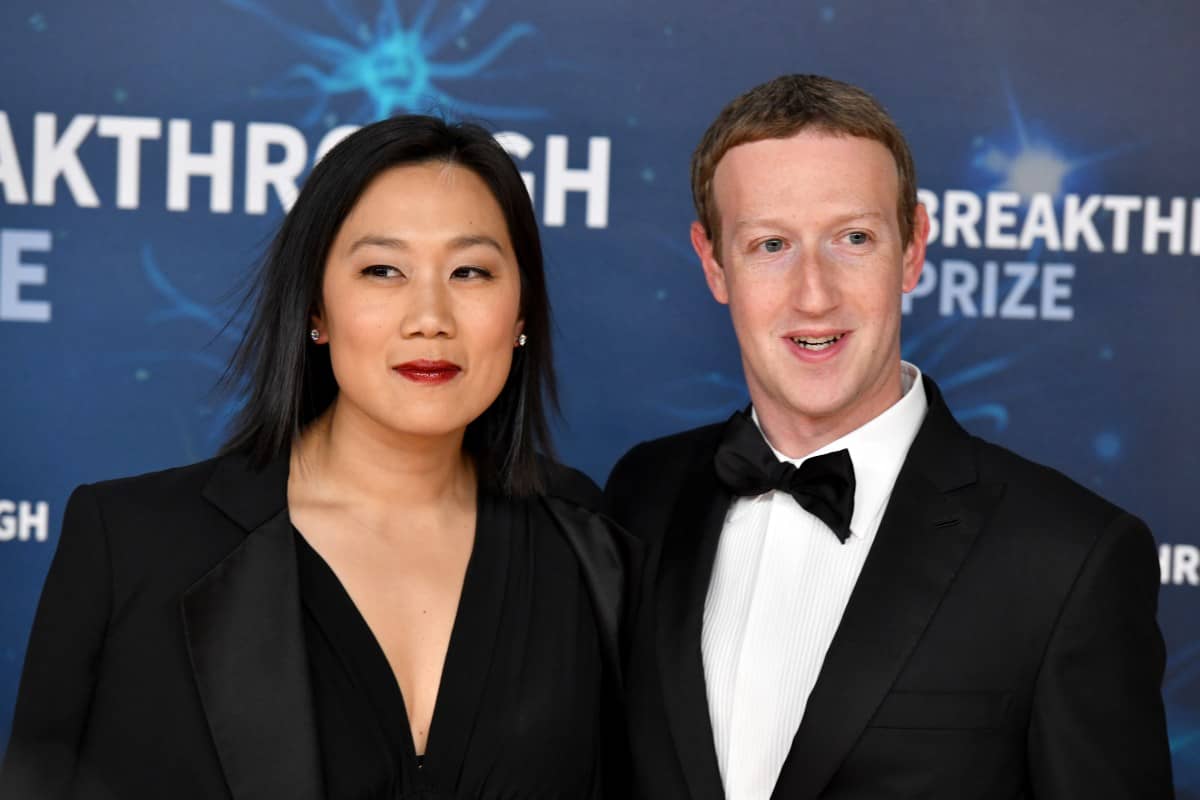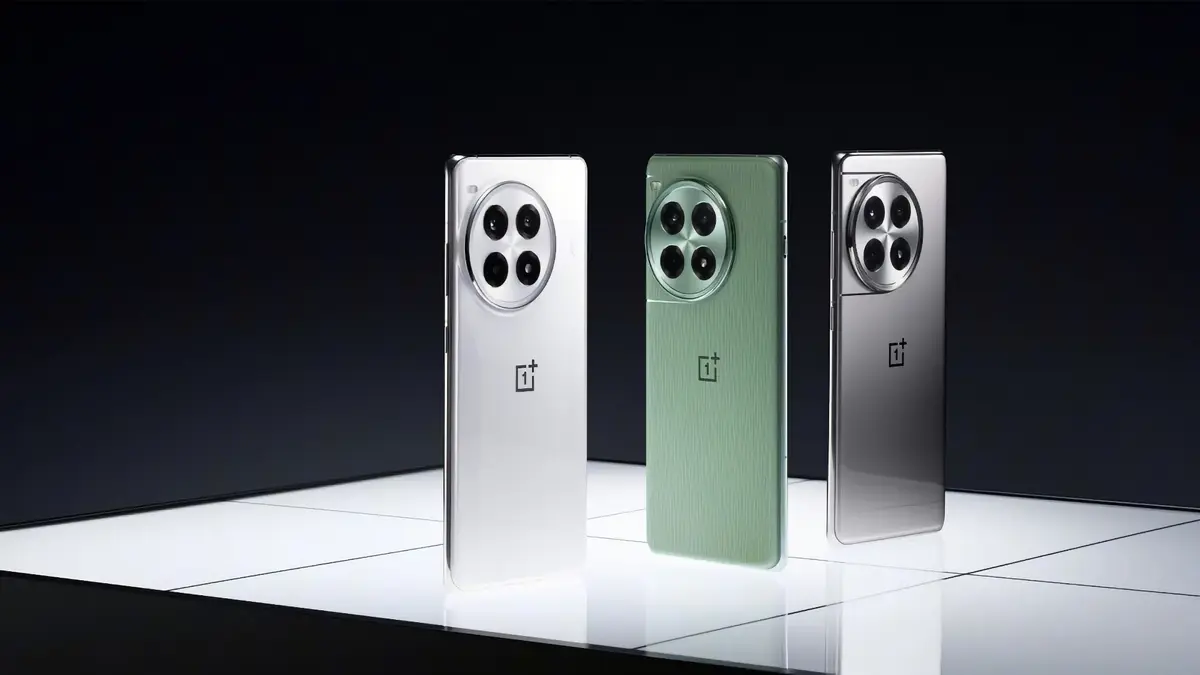Priscilla Chan, co-founder of the Chan Zuckerberg Initiative (CZI), says the nonprofit is using powerful computing resources to help attract top scientific talent, even though it can’t compete with tech giants on salary.
In a recent episode of Ashlee Vance’s Core Memory podcast, Chan highlighted the critical role of computing power in modern research, especially for scientists working in biology and AI-related fields.
“The other thing researchers really care about is access to GPUs,” Chan said. “You’re not going to make the most of someone if you don’t actually have the GPUs for them to work from.” According to Chan, CZI currently has around 1,000 GPUs in its cluster and plans to expand further.
Her message to researchers is simple: “Come work with us because we’re going to have the computing power to support the research that you want to do.”
Chan acknowledged that compensation remains a factor in recruiting but admitted that CZI cannot compete with private tech companies when it comes to salaries. “Obviously [compensation] is important,” she said, “but we cannot compete with tech companies on this.”
CZI, the philanthropic organization launched by Chan and her husband, Meta CEO Mark Zuckerberg, recently refocused its mission to prioritize scientific research. While the group continues to support education and community programs, Chan announced last year that science would be the main focus going forward.
Meta is following a similar strategy when it comes to talent recruitment for its AI projects. Zuckerberg, speaking on The Information’s TITV show, said that compute power has become a key factor for top AI researchers. “People say, ‘I want the fewest number of people reporting to me and the most GPUs,’” he said.
Meta has committed billions of dollars to building its AI division, called Superintelligence Labs, and expects to have 1.3 million GPUs available by the end of 2025.
Both Zuckerberg and Chan believe that providing vast computing resources is not only crucial for advancing research but also a competitive edge in attracting the brightest minds. As Zuckerberg put it, “Having basically the most compute per researcher is definitely a strategic advantage.”











